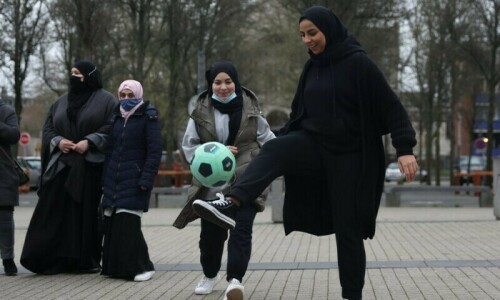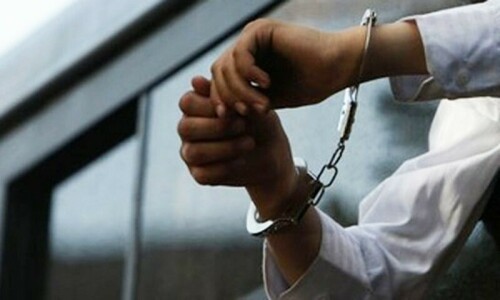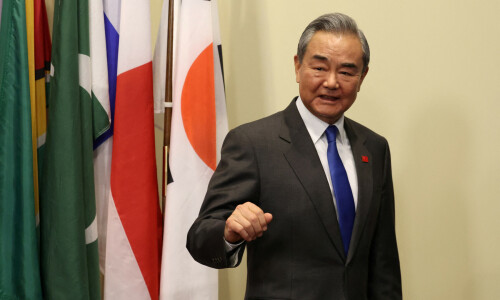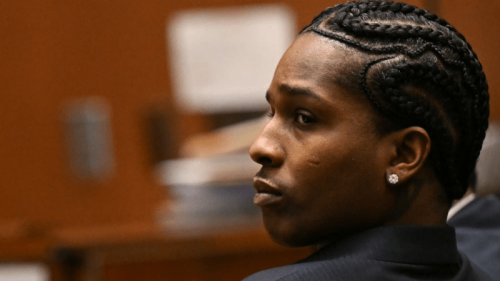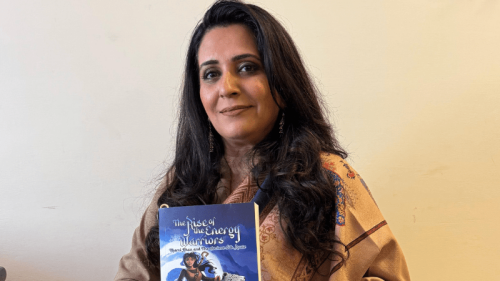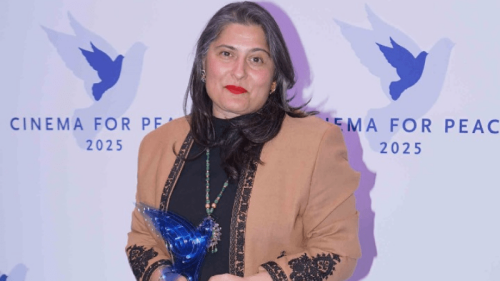Diplomats meeting in Vienna made “one step forward” in efforts to save the 2015 Iran nuclear deal but the outcome “was still not enough”, Iran's deputy foreign minister said on Friday.
Speaking after talks with European, Russian and Chinese officials in Vienna, Abbas Araghchi said that what had been agreed was “good progress” but added: “It is still not meeting Iran's expectations.”
Referring to Iran's decision to stop abiding by certain limits on nuclear materials under the deal, Araghchi said: “The decision to reduce our commitments has already been made in Iran and we continue on that process unless our expectations are met.”
However, he stressed that the final decision would be with his superiors in Tehran.
“I don't think that the progress we made today would be considered enough to stop our process but the decision is not mine,” he added.
Araghchi said that the Europeans had confirmed that INSTEX, a mechanism set up to facilitate trade with Iran and avoid US sanctions, was “now operationalised and the first transactions are already processed”.
But he added that “for INSTEX to be useful for Iran, Europeans need to buy oil from Iran or to consider credit lines for this mechanism”.
While US President Donald Trump said on Friday there was “no rush” to solve the standoff with Iran, the landmark 2015 Joint Comprehensive Plan of Action (JCPOA) looks perilously close to unravelling.
The “joint commission” meeting began just after 12:00 (10:00 GMT) in the presence of diplomats from the accord's remaining parties — Iran, the EU, Germany, France, the UK, Russia and China — including Iranian Deputy Foreign Minster Abbas Araghchi.
It comes as Iran stands on the brink of exceeding one of the limits on stockpiles of nuclear material foreseen under the JCPOA.
Iran says it no longer feels bound by certain limits in the deal due to the crippling sanctions re-imposed by the United States after it unilaterally pulled out of the accord in May 2018.
Know more: What is the Iran atomic deal and why is it being targeted
Originally Iran had said it would exceed the agreed 300-kilogramme (660-pound) reserve of enriched uranium on Thursday but diplomatic sources said that the limit had not been passed.
However, an Iranian official said on Thursday said the fact the date had been missed was a “technical matter” and that Iran was still not ruling out breaching the limit.
He said that Iran was currently 2.8kg under the 300kg ceiling.
Iran has also said that as of July 7 it will start enriching uranium above the agreed purification level of 3.67 per cent.
Weapons-grade levels are about 90 per cent.
However, the Iranian official stressed that even if both limits were surpassed, this could be swiftly reversible “within half an hour” if there were progress on facilitating Iran's oil exports, which have been aggressively targeted by the US.
Also read: US will sanction 'illicit purchases' of Iranian crude oil, says special envoy
Speaking in Osaka ahead of the G20 summit of world leaders, US President Donald Trump struck an emollient tone on resolving the Iran crisis, saying: “They can take their time. There is absolutely no time pressure.”
On Wednesday, Trump had said any conflict “wouldn't last very long,” an assertion quickly rejected by Iran's foreign minister, as well as French President Emmanuel Macron.
Under the landmark deal signed with world powers in 2015, Iran pledged to reduce its nuclear capacities for several years and to allow international inspectors into the country to monitor its activities in return for relief from international sanctions.


















